CLINICAL TRIALS
A clinical study involves research using human volunteers (also called participants) that is intended to add to medical knowledge. There are two main types of clinical studies: clinical trials (also called interventional studies) and observational studies.
MATCH TO PH CLINICAL TRIALS NOW
Antidote Match™ connects people like you with medical research studies, in the fastest and easiest way possible. All you need to do is answer a few questions, and you'll quickly find trials that may be a match for you. Click START below to match to Pulmonary Hypertension trials near you. Then click SUBMIT in the next window to discover active PH trials in your area.
You can also search for related trials including: Asthma, COPD, Emphysema, Idiopathic Pulmonary Fibrosis (IPF), Interstitial Lung Diseases, Sarcoidosis and Scleroderma.
Vallerie McLaughlin, MD from Michigan Medicine's Cardiovascular Center discusses the different phases of clinical trials.
ABOUT CLINICAL TRIALS
Developing new medicines (or drugs) is a long and complicated process called drug development. It has many stages, and the "clinical" stage is when the medicine is tested in people. This stage requires doctors and study teams to find volunteers who are willing to to participate in clinical trials (or studies) to gather detailed information about how the medicine may work. All approved medicines have been tested in many people (sometimes even thousands of people) before being approved and made available to the public. The development of new medicines would not be possible without volunteers who are willing to participate in clinical trials.
“Think of the legacy that you set for people who are going to be diagnosed with this disease 10 or 20 years down the line I think that’s powerful to people to realize that their involvement in a clinical trial, especially in a rare disease, will have impact on future generations. ”
PHASES OF A CLINICAL TRIAL
Clinical trials are conducted in phases, typically beginning with Phase I, and usually progressing through Phase III before the drug is considered for approval. Each of the phases is explained here:
Phase I - Researchers test the experimental drug in a small number of healthy volunteers and monitor them closely to determine if the drug is safe enough to test in a larger group of people.
Phase II - Researchers test the experimental drug in a slightly larger number of patients, who have a particular disease or condition, to determine if the drug shows some improvement in these patients and continues to be safe.
Phase III - Researchers test the experimental drug in a larger number of patients to determine if the drug is both safe and effective, and to sometimes compare the new drug with currently approved drugs. Data gathered in this phase are used to request approval to make the drug available to patients.
Phase IV - Sometimes, researchers would like to continue studying the drug and gather data in patients. Studies in this phase are sometimes called post-marketing studies because they take place when a new drug is already on the market.
“Now is your chance to do something for the whole community, make a contribution in your own way that will hopefully forge new treatments and new treatment strategies that will impact the next wave and wave after that of PAH patients.”
“We’ve got over a dozen drugs to treat pulmonary hypertension. And that doesn’t happen because there is one researcher or a group of researchers. It doesn’t happen because there’s one patient or a group of patients, one doctor or group of doctors. You really need the whole pulmonary vascular disease community working together to get that many drugs available to patients in a short period of time. Industry has been a part of this as well. And without all of those pieces working together, there would be no chance for as many new options to have developed over such a short period of time.
”



